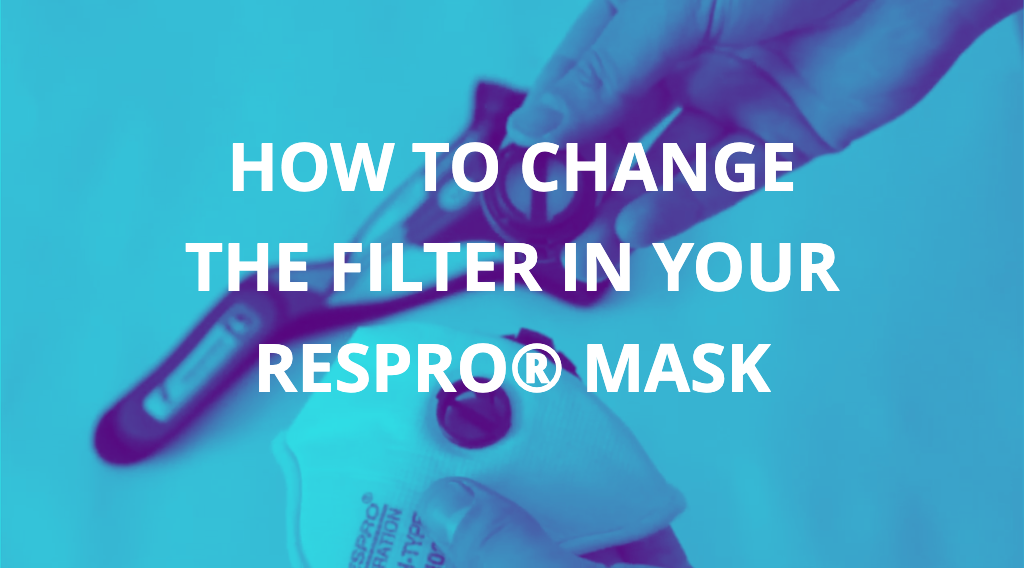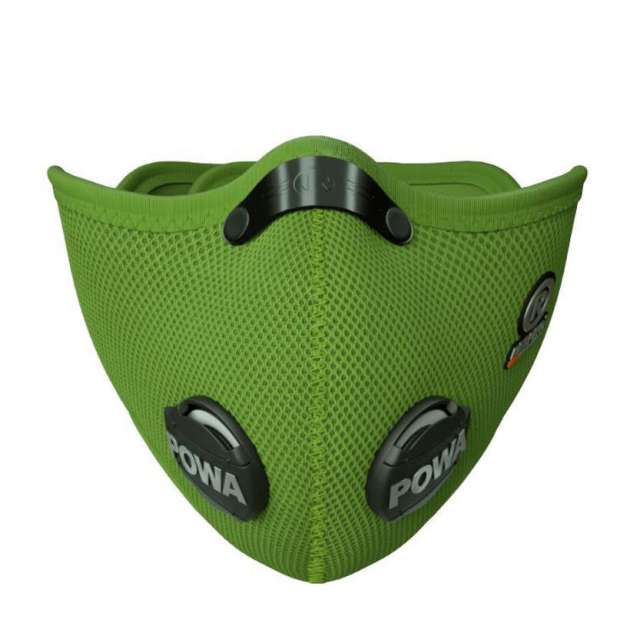Exposure to an urban environment characterized by high levels of air pollution and noise in areas with a high building density during the fetal period and in early childhood may contribute to higher blood pressure. This was the conclusion of a study led by the Barcelona Institute for Global Health (ISGlobal) published in Environment International. ISGlobal is an institution supported by the “la Caixa” Foundation.
To study the impact of urban exposures on the cardiovascular health of children, the research team analyzed data from 4,279 children living in six European cities (Bradford in the United Kingdom, Poitiers and Nancy in France, Sabadell and Valencia in Spain, and Heraklion in Greece). All the children were participants in the European HELIX project.
The team assessed multiple aspects of the children’s environment: initially, during the prenatal period, the place of residence of the mothers during their pregnancy, and subsequently the homes of the children themselves. Factors studied included the built environment, natural spaces, traffic, air pollution, noise, climate and level of social and economic privation. Assessing the children’s blood pressure when they were between four and five years of age allowed them to study the long-term effect of the exposures analyzed.
Analysis of the results showed that exposure to higher levels of air pollution, particularly during the first two terms of pregnancy, was associated with higher blood pressure in childhood. Specifically, a 9.1 μg/m3 increase in NO2 was associated with a 0.9 mmHg increase in diastolic blood pressure. (A healthy diastolic blood pressure in children is around 50-80 mmHg) The limit value established by the World Health Organisation to protect the population from the damaging effects of NO2 is 40 μg/m3, a threshold exceeded on a regular basis in cities like Barcelona and Madrid.
Furthermore, other characteristics of the urban environment during childhood also appear to be important. High building density is associated with higher blood pressure and good urban transport connectivity is linked to lower blood pressure.
“It is possible that these associations reflect how people move around in the city and may indicate that greater connectivity promotes physical activity in the population.” Charline Warembourg, ISGlobal researcher, first author of the study
Exposure to noise also appears to be associated with higher blood pressure in children.
Based on their analysis of the results, the authors concluded that one in every five children lives in an urban environment characterised by levels of air pollution, noise, and building density that are associated with blood pressure values higher than those observed in children not exposed to these environmental factors.
The role of urbanization in cardiovascular disease
High blood pressure is one of the chief risk factors for cardiovascular disease, a condition which is currently the leading cause of death worldwide. “Numerous studies have shown that children with higher blood pressure are more likely to develop hypertension later in life,” says Martine Vrijheid, study leader and director of ISGlobal’s Childhood and Environment Programme. “The results of this study show how important it is to identify environmental exposures that contribute to hypertension in early life, from conception onwards.”
Given the increasing urbanization of the world’s population, the role that urban design and transport plays in health is a topic of growing concern. This study assessed, for the first time, the effects on the cardiovascular health of children of numerous exposures associated with the urban environment. “Our results show that, from conception onwards, the urban environment can affect blood pressure in preschool children” Warembourg points out. “This means that a commitment to urban design and transport planning designed to reduce damaging environmental exposures has the potential to reduce the risk of cardiovascular disease in adulthood”.
Exposure to air pollution during fetal period, early life linked with higher blood pressure
-
RESPRO® MASKS
-
Pollution Masks since 1993 - The 'Original' and still the best - Made in the UK - respro.com
-
THE AIR WE BREATHE
-
The Respro® Bulletin Board is designed to keep you up to date with current views and issues relating to Air Pollution and its health implications in our daily lives.
-
WATCH OUR ANIMATION
TOP POSTS AND PAGES
- Follow Respro® Bulletin Board on WordPress.com
-
LOCAL AIR QUALITY
-
Click the map to find out about current air quality levels where you live.

-
FOLLOW RESPRO®
-
WHY WEAR A MASK?
-
Essential features required of a mask to work properly: Why wear a mask?
-
For information on the products we provide please visit our website respro.com Respro® will ship your order of any product, any quantity to anywhere on the planet free of charge.
-
KEY POINTS TO A MASK
-
Three important points to look out for in an air pollution mask:
Key Points to a Mask -
SIZING GUIDE
-

-
TIME TO CHANGE YOUR FILTER?
-
THERE ARE FOUR RESPRO® FILTER TYPES
-

-
HOW TO CHANGE THE FILTER
-

-
BUY NEW FILTERS
-

-
RESPRO® ON INSTAGRAM
Air Pollution Air Quality Asthma Beijing Boris Johnson California Canada China Delhi Department for Environment Food and Rural Affairs (Defra) diesel exhaust fumes EU - European Union Europe forest fire France Germany HAZE Health Effects of Air Pollution India Indonesia Iran King's College London London London Mayor Malaysia Nitrogen Dioxide NO2 NOx Ozone O3 Paris PM - Particulate Matter PM2.5 PM10 Research Respro® Masks FAQ Respro® Products Scotland Singapore Smog Sulfur Dioxide SO2 Thailand UK USA vehicle emissions wildfires World Heath Organization (WHO)
-
CATEGORIES
- Africa
- Air Quality
- Allergies
- Asia
- Asthma
- Australia & Oceania
- Brazil
- Canada
- Chile
- China
- Colombia
- Cycling
- Europe
- Exercise & Air Pollution
- France
- Germany
- Hayfever
- Health Effects of Air Pollution
- Help & FAQs
- India
- Indonesia
- Iran
- Iraq
- Italy
- Japan
- Latin America
- London
- Malaysia
- Medical Studies
- Mexico
- Middle East
- Mongolia
- Philippines
- Poland
- Research on Air Pollution in the UK
- Respro® How To Videos
- Respro® Mask Reviews
- Respro® Masks
- Respro® Products
- Running
- Singapore
- South Korea
- Spain
- Sports
- Taiwan
- Thailand
- UK
- USA
- USA & Canada
- Vietnam
- World News
-















